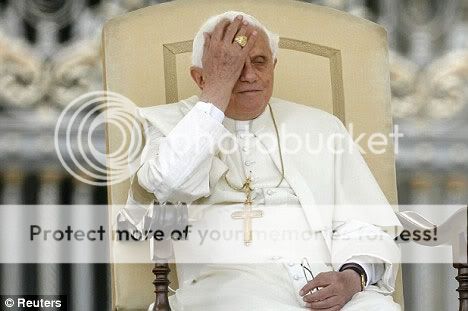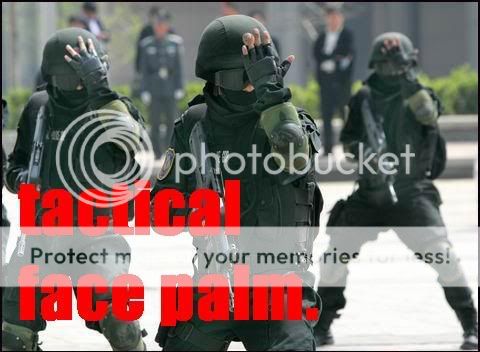http://www.defensenews.com/story.php?i=4505088&c=AME&s=TOP
So is this the UN arms treaty everyone's been talking about that in some way may have implications on private firearm sales and ownership in the states?
The United States is working with other countries and the United Nations to impose uniform controls on international sales of conventional arms. But the U.S. State Department said it is likely to be years before an Arms Trade Treaty takes effect.
The United States is committed to pursuing a "robust treaty" that sets "the highest possible legally binding standards" for international sales of conventional weapons, U.S. Ambassador Donald Mahley said Feb. 18 in an address to arms control organizations.
Mahley, a senior U.S. arms control official, read remarks that were to have been delivered by Ellen Tauscher, undersecretary of state for arms control and international security. Tauscher was detained when a meeting with a foreign official went on longer than expected, a State Department spokesman said.
So far, the treaty is a concept rather than a document. A draft is not expected to be written before 2012, according to arms control experts. After that, treaty negotiations "are likely to be long and difficult," Mahley said. The treaty would have to be approved by most of the world's 195 nations.
The idea is not to ban arms sales, Mahley said. Legitimate weapon sales are important to enable governments to protect their populace and maintain global stability, he said. But the treaty would attempt to stop "irresponsible" arms transfers in which weapons end up in the hands of terrorists and rogue regimes, he said.
The treaty would impose on all arms exporters standards that are similar to those already followed by the United States, Mahley said.
The U.S. government reviews proposed arms sales and only approves those in which the recipient is shown to have a legitimate need for the weapons and can ensure that the weapons will not be transferred to third parties.
In October, Secretary of State Hillary Clinton announced U.S. support for the Arms Trade Treaty and said, "the United States has in place an extensive and rigorous system of controls that most agree is the 'gold standard' of export controls for arms transfers.
"The Arms Trade Treaty initiative presents us with the opportunity to promote the same high standards for the entire international community," Clinton said.
Her announcement marked a reversal of the U.S. position on the treaty. Under former President Bush, the United States opposed the treaty. Discussion of the treaty began in 2006 at the United Nations.
Although the United States is by far the world's largest exporter of arms, the treaty has not provoked much discussion in the U.S. arms industry, according to Rachel Stohl, an arms trade expert at Chatham House, a British international affairs think tank.
"U.S. defense industry representatives believe that because the United States already has such high standards and regulations in place, an Arms Trade Treaty could simply even the playing field in markets around the world and wouldn't cause a dramatic change in their exporting abilities," Stohl said.
Mahley said the treaty should regulate all conventional weapons, from small arms "to aircraft carriers."
U.S. arms makers exported $55 billion worth of weapons in 2008, according to the Congressional Research Service. The next closest arms exporter was Italy, which sold $3.7 billion worth. Russia was third with $3.5 billion.
The top arms buyers were Saudi Arabia, India, Venezuela, South Korea, Israel, Egypt, China, Singapore, Iraq and Pakistan, Stohl said. Popular items included F-16 fighter jets and Apache attack helicopters as well as small arms.
Even under U.S. arms control regulations, weapons sometimes reach illegal recipients, Stohl said.
"U.S.-origin weapons have been found in the deadly drug cartel killings in Mexico" and in crimes in Brazil, she said.
So is this the UN arms treaty everyone's been talking about that in some way may have implications on private firearm sales and ownership in the states?




